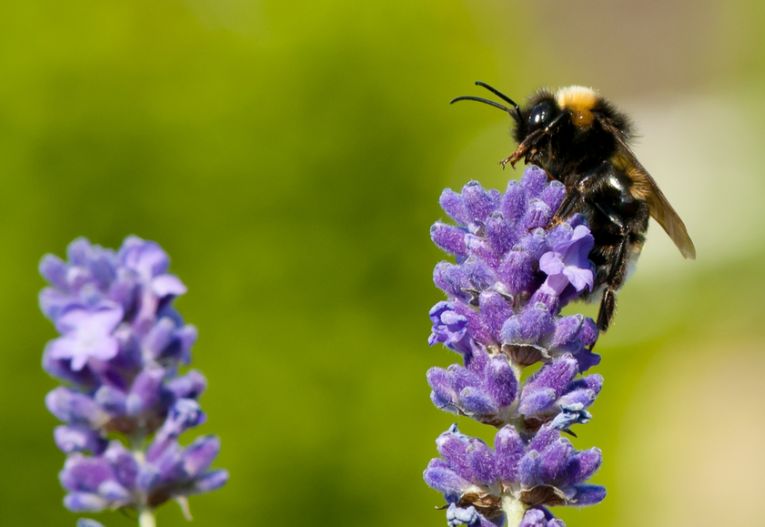Membership is a problem for us all. The time that Bombus terrestris bees spend self-grooming, buzzing, pumping their abdomen, stinging, or biting or whatever, was recorded as strangers came to their hive entrance. Members of the hive are allowed to pass, but the guard bees have to identify “parasitic” types. These are simply members of adjacent bumble-bee hives (or they could be cuckoo species) that try and pass themselves off as hive members and then become a serious parasitic hindrance.
Research observed the guards’ responses. If a neighbour was fertile, as detected by her cuticle, the guard responded violently, but if she wasn't, antagonistic behaviour wasn't triggered. Subsequent repeated video analysis was stringent and revealed useful results.
The whole procedure has maintained bee society for millions of years. Non-nestmates got a bit more antennal contact and self-grooming, but otherwise entered the nest normally, proving a high social tolerance. Honey bees are much more aggressive, no matter whether visitors are fertile or not. Social insects are notorious for disallowing such social interaction, but not in bumble bees it seems.
Being a short-lived species, the increase in number of “foreign workers” is welcome to add to productivity, while laying eggs would very much reduce the genetic efficiency of queens or fertile workers. The accepted workers have proved to be engaged in intense brood-rearing and foraging. With only a couple of hundred in their colony, the loss of guards from death and injury could be a major influence on survival, while the gain of other colony’s members can only improve efficiency. The hover wasp, Liostenogaster flavolineata also has minimal guard contact and tiny colonies, so the trend seems established. I wonder if they advertise for “guest-workers?” Certainly large colonies like those studied are likely to allow more infertile guests than the smallest colonies where policing would be difficult for the fewer workers.
Pierre Blacher and his colleagues from the Università © Paris 13, Sorbonne Paris Cità © and Universidade de Sà £o Paulo (USP) have their full paper as Specific recognition of reproductive parasite workers by nest-entrance guards in the bumble bee, published in Frontiers in Zoology.










